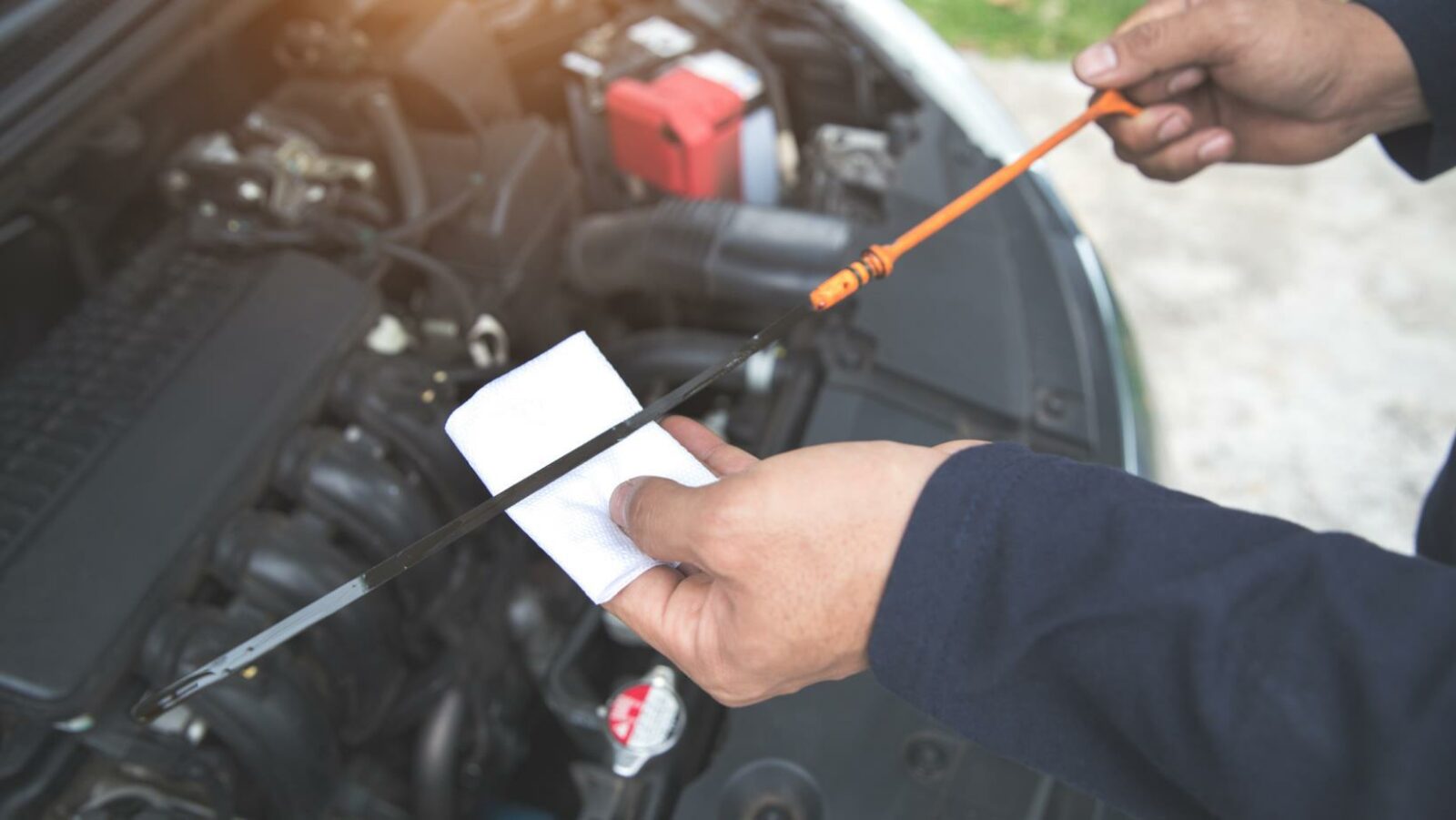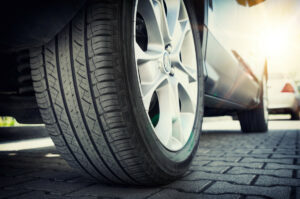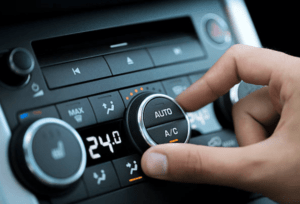Outline:
- Check Your Car Battery
- Check Your Tires
- Replace Your Spark Plugs
- Regularly Check Your Tire Pressure
- Keep Your Car Clean
- Investigate The Condition Of Motor Oil
- Check For Fluid Leaks
- Check Filters
- Air Filters
- Oil Filters
- Windshield Wipers Must Be Inspected
- Check The Condition Of Your Brakes
- Takeaways
Most individuals, including yourself, don’t think about preventative vehicle maintenance until something goes wrong. And by that point, it’s often too late – the damage has been done, and it costs more to fix than if you had taken care of things through preventive maintenance.
In this blog post, we’ll discuss preventive car care and how you can save money in the long run by doing some simple maintenance on your vehicle.
Check Your Car Battery
Your car battery is one of the most essential parts of your vehicle. It’s what starts your engine, powers your lights, and allows your car to run.
Unfortunately, car batteries don’t last forever. They have a short life expectancy, usually three to five years.
That’s why it’s essential to check your car battery regularly and replace it before it dies. You will not only save money in the long run by doing this, but you’ll also spend less on battery replacements because replacing a dead battery is considerably more costly than regular maintenance.
Check Your Tires
Another crucial part of your vehicle that must be maintained regularly is your tires—just as with your battery, checking and keeping them can help you save money in the long run.
Tires deteriorate with time and eventually must be replaced. However, checking the air pressure regularly and keeping them at the correct level will help you get more out of your tires. It would help if you also had your tires rotated every few months to ensure even wear.
Replace Your Spark Plugs
Spark plugs are the tiny metal objects that set off the explosion in your car’s engine, so they’re pretty important!
They don’t always survive for an extended period. Spark plugs may get clogged or destroyed over time, necessitating their replacement.
The frequency with which you should replace your spark plugs is dependent on the type of automobile. However, as a rule of thumb, most vehicles require new spark plugs every 30,000 miles.
Regularly Check Your Tire Pressure
Tire pressure should not be neglected or postponed. Tires are essential to your automobile’s safety, efficiency, and comfort. Checking your tires regularly can save you time and money by detecting any problems before they become serious.
Underinflated tires can cause decreased fuel efficiency and wear on the vehicle. They’re also more likely to blow out on the road, which is hazardous.
Keep Your Car Clean
This preventive maintenance tip might seem like a no-brainer, but you’d be surprised how many people regularly neglect to clean their car.
A dirty car can lead to problems – from decreased visibility while driving to rust and corrosion. So be sure to wash your car frequently, inside and out!
Investigate The Condition Of Motor Oil
One of the most essential fluids in a vehicle is engine oil. It keeps your car engine clean and operational.
Over time, however, motor oil breaks down and needs to be replaced. Depending on your vehicle type, you may need to change your motor oil every 3000 to 5000 miles.
A regular oil change is a preventative maintenance plan that can help you save money in the long term by extending the life of your engine.

Check For Fluid Leaks
Fluid leaks are another problem that can be easily prevented with preventative maintenance.
Checking for car fluids can save you money by preventing further damage to your vehicle. The owner’s manual can guide you on when and how to check different fluids.
Check under your car for any leaking oil, coolant, or transmission fluid. If you see a leak, take your vehicle to a mechanic and have it repaired as soon as possible.
Check Filters
Another preventive vehicle maintenance tip is to regularly check your car’s filters. This includes the air filter, oil filter, and fuel filter.
Air Filters
The cabin air filter is one of the most essential filters in your car. It helps to keep the air in your vehicle clean and free of dirt, dust, and other contaminants.
Over time, however, air filters can become clogged with dirt and debris. This can lead to decreased airflow and decreased engine performance.
That’s why it’s essential to check your engine air filter regularly and replace it when necessary. Depending on your car, you may need to replace your air filter every 15,000 to 30,000 miles.
Oil Filters
Another vital filter in your car is the oil filter. The oil filter helps to remove impurities from the oil that lubricates your engine.
Filters for oil are prone to contamination with dirt and debris over time. This may harm your engine’s performance and cause more significant wear and tear.
That is why it’s critical to inspect your oil filter regularly and replace it as needed. Depending on your vehicle, your oil filter may need to be replaced every 3000 to 5000 miles.
Windshield Wipers Must Be Inspected
Windshield wipers are an often-overlooked preventive maintenance item. But they play a crucial role in your safety while driving.
Windshield wiper blades help keep your windshield clear of rain, snow, and debris. They also help you to see better while driving in inclement weather.
Wipers on vehicles can wear down and become ineffective over time, which is why it’s critical to check them regularly and replace them as needed. Depending on the type of wiper you have, wipers may need to be replaced every six months to a year.
Check The Condition Of Your Brakes
Last but not least, preventive maintenance for your car includes regularly checking the condition of your brakes.
Brake pads and shoes can wear down over time, leading to decreased braking power. This can be dangerous, especially if you’re driving in an area with a lot of traffic.
That is why it’s critical to check your brakes regularly and replace them as needed. Your automobile’s manufacturer will advise you when it’s time for new brake pads, but they’ll last around 30,000 miles in most cases.
Takeaways
The preventive maintenance schedule is key to running your car smoothly for years to come. By catching and preventing minor problems early on, you can save yourself time, money, and stress down the road.
Our team of experts at Dependable Car Care is here to help you get started on the right path with a vehicle inspection today. Don’t wait until it’s too late – call us or visit our website now!



